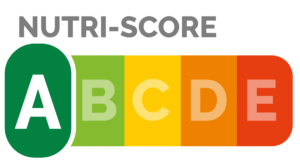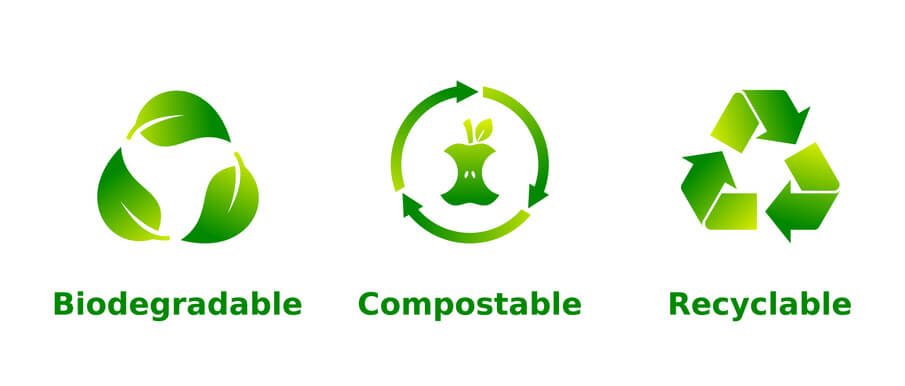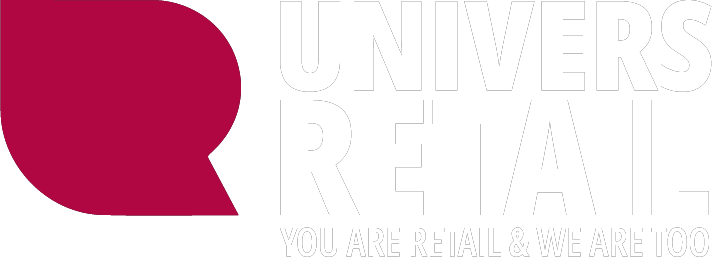Responsible Purchasing, a pillar of CSR
Responsible Purchasing is an essential lever in the implementation of a Sustainable Development policy. It is the result of a long process, since it was initially in the private sphere that individuals became concerned about the future of their health, the future of the planet and equal treatment for all. These convictions then found a real echo in all organizations.
Today, responsible purchasing means negotiating with a supplier in a serious and considered way. Responsible Purchasing takes into account all the consequences of this choice, for oneself of course, for the organization to which one belongs, and above all to respond to a strong consumer philosophy of 2020. It's a generational expectation of respect and balance around the human being in his or her entire ecosystem, now standardized and framed.
Finally, in addition to reducing their impact, organizations implementing a CSR strategy must commit to plans to transform all the data generated by this new supplier/consumer relationship.
ThisResponsible Purchasing approach is based on 4 pillars:
- Protecting mankind and the planet: the obvious choice
- Collaboration with suppliers: a guarantee of security and future-proofing
- Digitization: the key to an efficient Responsible Purchasing strategy
- Social and societal criteria: the ultimate in Responsible Purchasing
PILLAR 1 - Protecting people and the planet
 Protecting people
Protecting people
| The first building block in the Responsible Purchasing approach is obviously the protection of human health. It was in 1986 that "improving nutrition" was included in the JOCE resolution of the European Council, initially to prevent the risk of cancer. This directive was first translated into a bill on nutritional labelling of foodstuffs, and then systematically addressed to improve nutrition in general. Distributors and buyers have had to integrate these selection criteria and make their first choices. With legislation evolving in line with health crises, any approach to CSR today is based on compliance with current standards. |  |
This concern for consumer health also applies to the chemical composition of manufactured products, in accordance with the European REACH regulation, and to the use of hazardous substances in electrical and electronic equipment, via the European RoHS directive. Buyers have seen the emergence of new, more "natural" ranges of cleaning, DIY and textile products. Certification is now essential for distribution in the world of electronics, IT, toys and home decoration. Here again, purchasing departments need to be fully informed and respectful of the rules in force when making their selections.
Today, CSR standards are based on the premise of compliance with the rules in force, and go even further, either in terms of crisis management in the event of a product problem (withdrawal/recall procedure, continuity plan, etc.), or in terms of continuous improvement of the product and related standards, in partnership with research organizations or consumer associations.
Finally, beyond the legal framework, theResponsible Buyer must constantly respond to consumer trends towards this " Better Eating, Better Living " observed, for example, with the organic/Vegan groundswell in all purchasing categories.
 Protecting the planet
Protecting the planet
| Protecting the planet and, more specifically, managing resources was the other visible action, in particular with the initiation of all packaging recycling initiatives. Although the first law on the organization of waste collection and disposal in France dates back to 1975, it was in 1992 that the Royal law required companies to recycle their waste. Manufacturers and distributors focused first on secondary and then primary packaging. |  |
Today, the subject is addressed in all purchasing categories as a selection criterion:
- Primary packaging made from 100% recycled materials, tetrapack, opaque PET, or glass with their deposit or recovery scheme
- Study on lighter, stronger packaging boards
- Bulk development
The second life of a product is itself becoming a criterion of choice: "purchasing" strategies integrate into each ecosystem the offer of second-hand or recycled products, a very important offer in textiles or decoration, for example.
And to take the CSR approach to its logical conclusion, the end-of-life phase must be taken into account in order to offer consumers management solutions, with distributors once again acting as the communication and transmission link between the consumer and the organization responsible for managing this final phase.
The notion of resources obviously affects products as such: we're thinking of the management of wood species, whether for the manufacture of furniture, charcoal or palm oil, deep-sea fishing or the dilemma of rare earths. Today's buyers rely on recognized labels and organizations such as the Forest Trust. Environmental protection is a major feature of purchasing strategies that contribute to the ecological transition. Obvious in the world of agriculture, such as the HVE approach, a responsible purchasing strategy will measure the impact of any production on its direct environment, such as the use and treatment of water, for example. A responsible purchasing policy will be sensitive to any steps taken by suppliers to go even further in mitigating climate change and preserving biodiversity.
 The impact of transport
The impact of transport
In recent years, there has been an increasing number of initiatives aimed at moving towards a "green logistics" approach (revised palletization, use of clean fuel, flow optimization, etc.). A Purchasing logic CSR encourages retailers to think in terms of the total Supply Chain, and thus to optimize their acquisition costs towards a TCO ( Total Cost of Ownership ) that includes the transport, use and end-of-life of the product, which for retailers is synonymous with inventory, breakage and after-sales service..... All these stages can be optimized with suppliers through more predictive work on sales or seasonal phenomena.
 |
This rapid inventory already highlights the volume and complexity of the knowledge that purchasing departments have to handle, supported by other extremely competent and rigorous departments - quality, supply. Knowledge of the product, its design, its regulations, the various stakeholders and their involvement in this ecological transition completes the economic dimension of a purchase, and it is in this sense that the responsible buyer must have an in-depth vision of his range by integrating all these criteria into his supplier evaluation grid. |
>> Read the rest of our feature on "The foundations of a Purchasing policy CSR ":
- Pillar 2 "Collaboration with the supplier" & Pillar 3 "Digitization". : read the article
- Pillar 4 "Social and societal criteria": read the article
By Catherine Fedrigo

